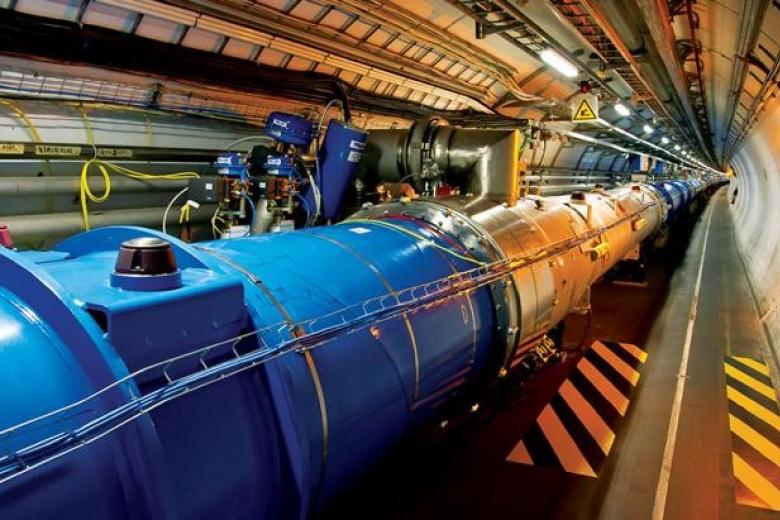Machine learning is about to revolutionize the study of ancient games
MIT Technology Review discusses the Digital Ludeme Project and the founding of a new research field combining AI and the study of ancient games.
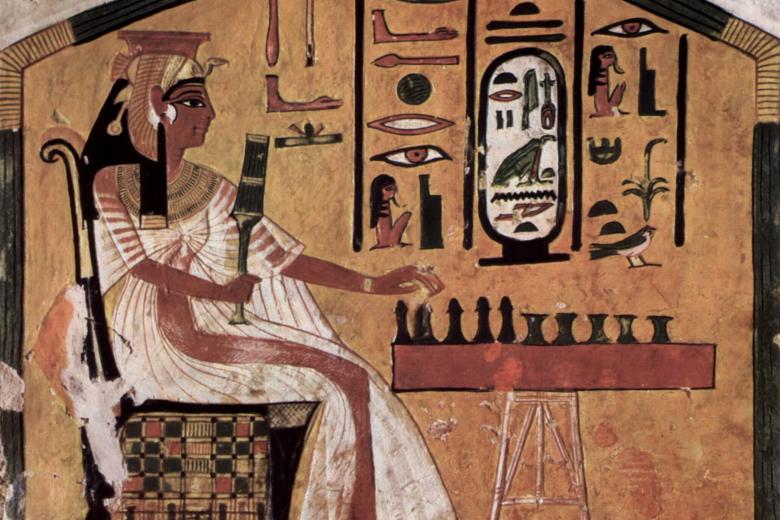
MIT Technology Review discusses the Digital Ludeme Project and the founding of a new research field combining AI and the study of ancient games.

A group of bachelor’s students of the Maastricht Science Programme (MSP) and Data Science and Knowledge Engineering (DKE) won the Eramet challenge at the VivaTechnology Hackathon in Paris during the weekend of 18 May.
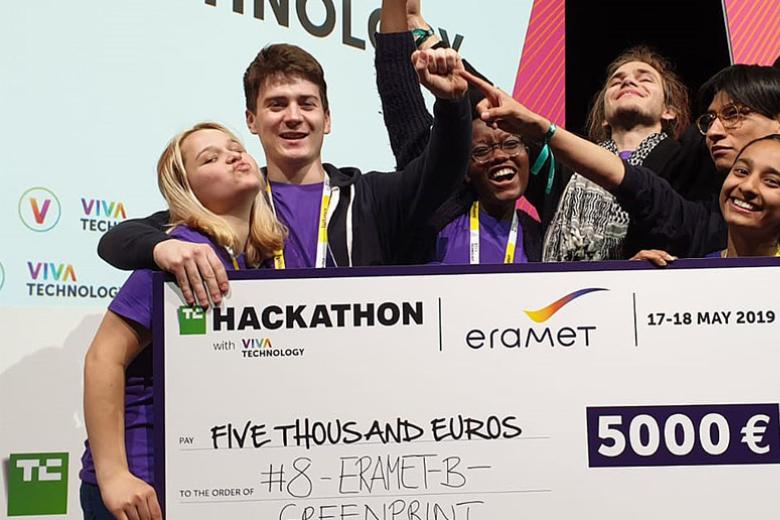
With their oatmeal based allergen-free alternative for dairy quark called ‘Oat it’. The student team from Health Food Innovation Mangement won the Dutch round of the food innovation competition: Ecotrophelia.
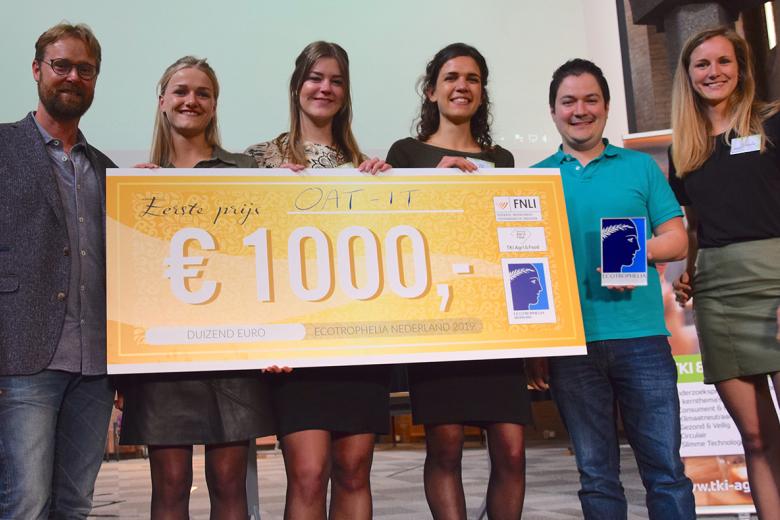
Two new H2020 projects on the horizon for the Department of Data Science and Knowledge Engineering: Dr. Apostolis Zarras contributes to PREVISION and Dr. Alexia Briassouli strengthens the MindSpaces consortium.

For the European Horizon 2020 innovation project MaTHiSiS, researchers taught machines how to teach you by learning from watching you learn.
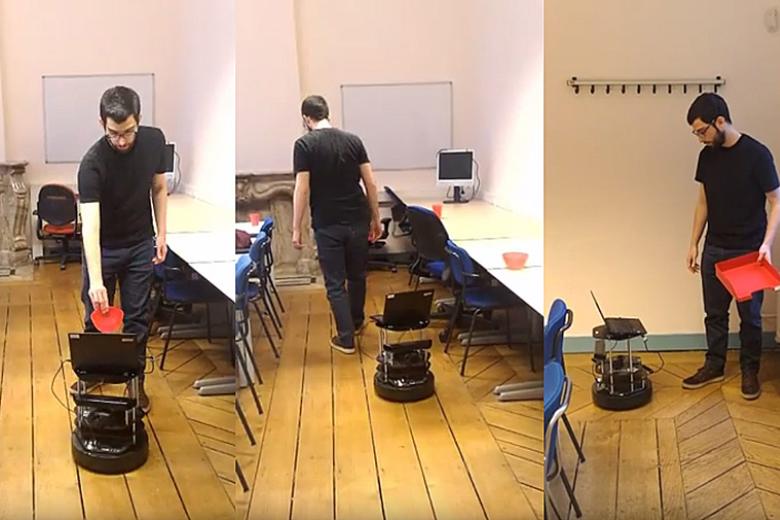
Food scientist Alie de Boer from the UM campus in Venlo is among the final five talented researchers who have a chance of winning the New Scientist title ‘Science Talent of the Year’.
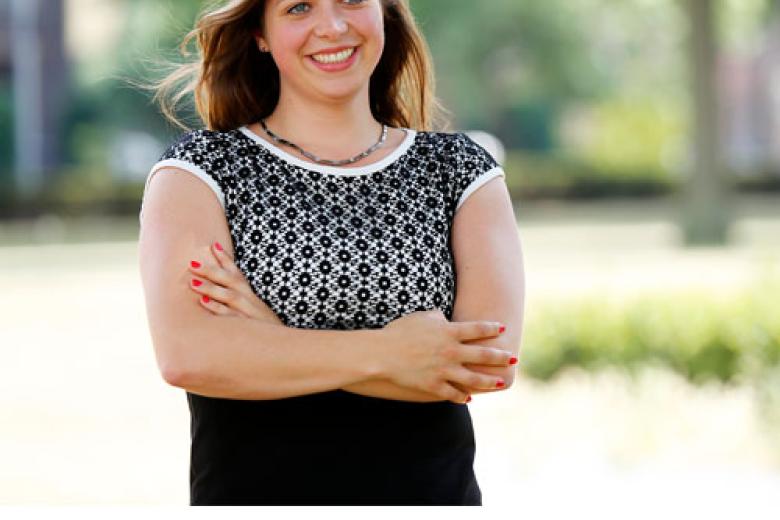
Precious Plastic Maastricht is currently setting up a local recycling workspace that turns plastic waste into entirely new goods, such as bins, beams, 3D printer filaments, and much more.
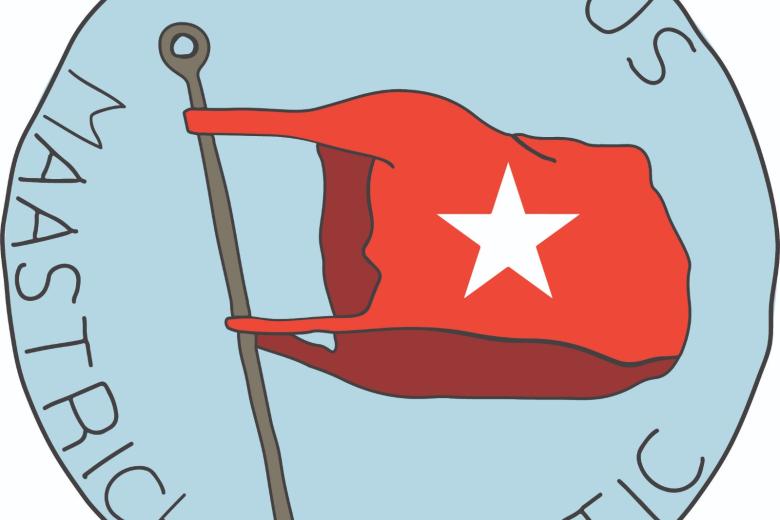
Technology conference TNW catalogues 500 of the Dutch tech world’s most talented people under the age of 26. This year’s list – the T500 – features three alumni and eight current students of the Department of Data Science and Knowledge Engineering (DKE). Among them is Dirk Bongers, DKE master's...
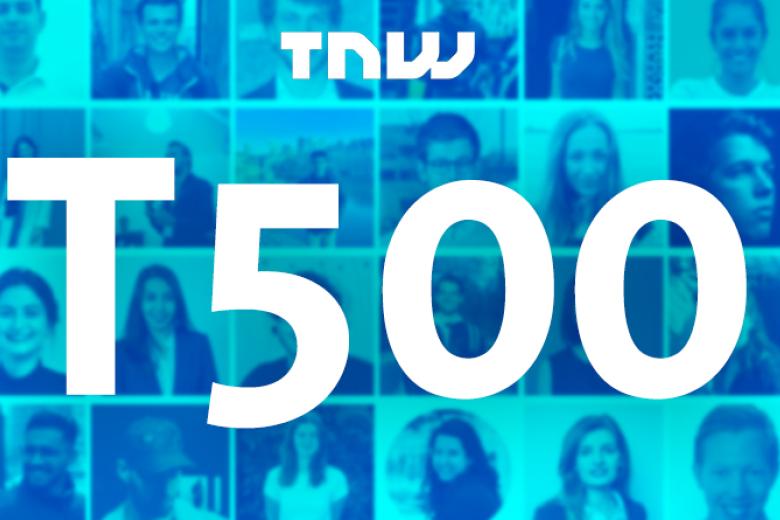
Prof. dr. Ilja Arts, scientific director of the Maastricht Centre for Systems Biology was appointed as board member of NWO's Science Domain.
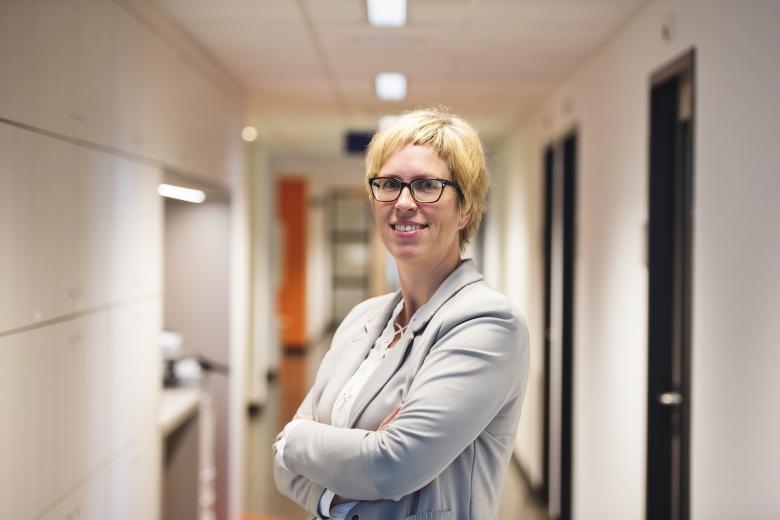
Maastricht Science Programme is involved in the LHCb collaboration at CERN which has seen, for the first time, the matter–antimatter asymmetry, known as CP violation. This finding is sure to make it into the textbooks of particle physics.
